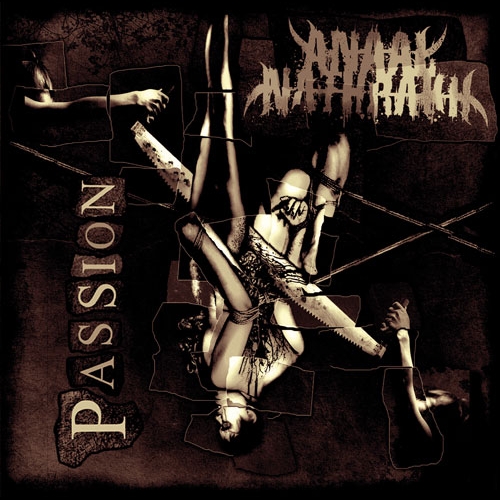2013 has proved to be an amazing year in music already, and with recent releases from the likes of Daft Punk, Club 8, Mount Kimbie, and Ryan Hemsworth (among others), it is safe to say that this summer in music will undoubtedly be a blessing to our iTunes. Here are a few of Triple Lindy’s top release picks for this summer.
Gold Panda – Half Of Where You Live
Release Date: June 11
Nearly three years after the release of his critically acclaimed debut album Lucky Shiner, Gold Panda returns with his second album Half Of Where You Live. Described as a “city album” by its creator, each track possesses a different aesthetic and reflects a different environment. The album reflects Gold Panda’s nomadic existence – you can see the influence of his travels in track titles like ‘Brazil’ and “Enoshima,” and in the oriental textures of “My Father In Hong Kong 1961” and “We Work Nights.” Gold Panda opts for a more considered approach, the music taking on harsher edges than his previous work, and an almost hauntological feel at times. Crucially, though, this new approach hasn’t compromised the producer’s creative freedom, and the album still flows with his trademark organic vibrancy. – via Ghostly
Stream the full album here
Diamond Version –
Release Date:
Diamond Version is a Mute Records-based collaboration between veteran experimental artists Carsten Nicolai (Alva Noto) and Olaf Bender (Byetone), perhaps best known as two of the minds behind Germany’s Raster-Noton imprint. The duo draw their inspiration from “digital short message information culture"—that is, those incessant corporate slogans and sound bites that are never far from a modern consumer’s eyes and ears. This is the latest installment in Diamond Version’s series of EPs leading up to an album in summer 2013. Diamond Version is a project born out of a live situation – precision-tooled and impeccably sculpted club tracks, powered by the duo’s characteristic rhythms and flecked with absurdist humor.
Egadz – Satellites
Release Date: July 30
Braids – Flourish//Parish
Release Date: August 20
Angel Haze – Dirty Gold
Release Date:

